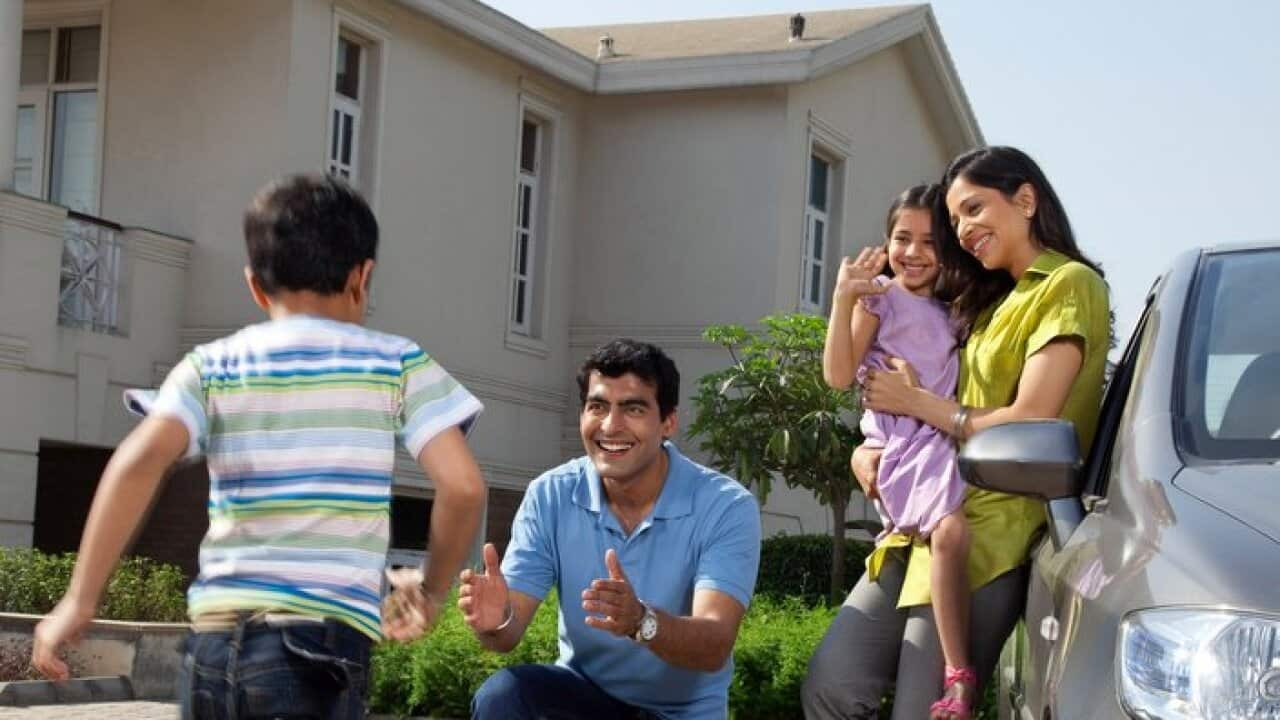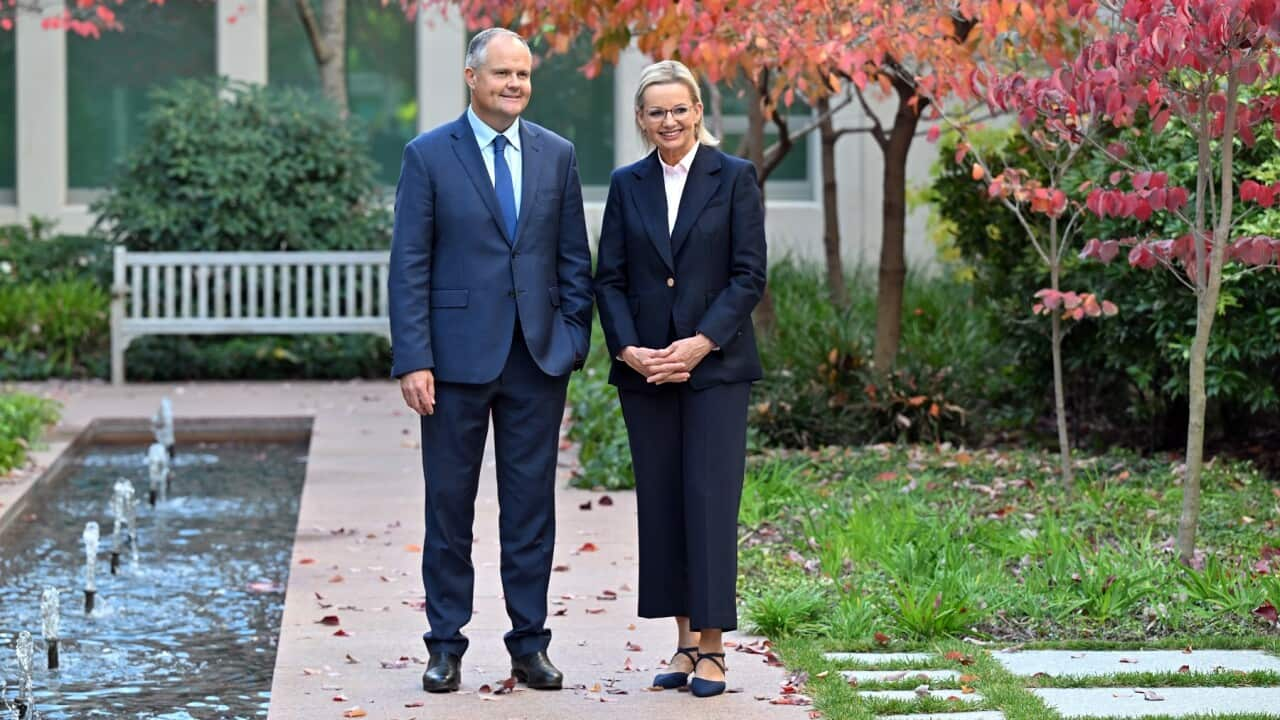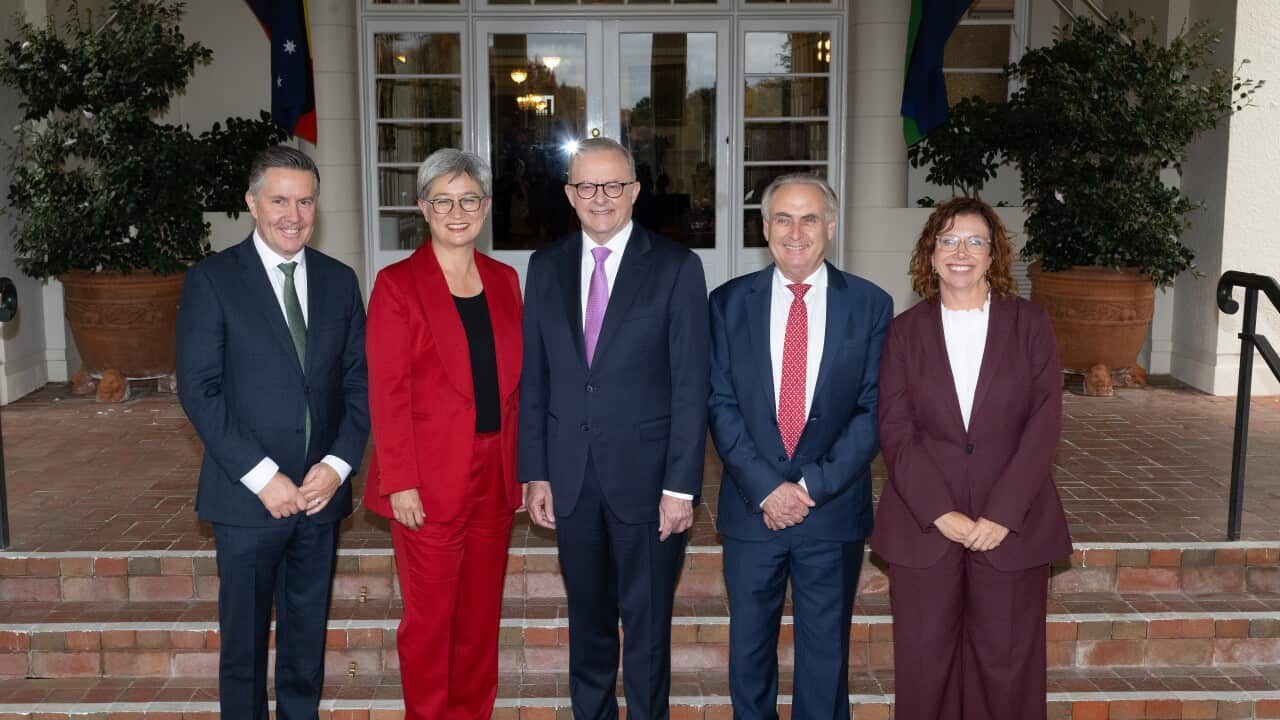Highlights
- Psychologists advise taking up a hobby and being creative to counter stress.
- Talk to family and friends to stay connected
Mr Avijit Sarkar, a music composer, singer, writer, puppeteer, and cartoonist strongly believes 'laughter is the best medicine' and is utilising his 'social distancing' time to work on a series of cartoon sketches titled 'The coronavirus files'.
Mr Sarkar says “Cartoons are the tool for not only humour but to educate people.”
Mr Sarkar's cartoon sketches have engaged many on his social media platform to get communicating. It has certainly lightened up anxious minds of many.
Referring to one of his sketches with ear masks, he advises to follow the Government advice and stay away from rumours.
“It is important to follow social distancing of 1.5 meters, self-hygiene and avoiding large gatherings. It is for your own good. However, there are other precautions that must be considered too, including two new types of masks,” Mr Sarkar says. Mr Sarkar believes reinventing a hobby or thinking creatively could be a way to calm an anxious mind in these times of social isolation.
Mr Sarkar believes reinventing a hobby or thinking creatively could be a way to calm an anxious mind in these times of social isolation.

Cartoonist Avijit Sarkar creates awareness with his latest 'Coronavirus Files' project Source: Supplied
How to beat anxiety amid coronavirus outbreak
Melbourne based psychiatrist Dr Amit Zutshi says that it is known that a period of uncertainty and losing control in daily lives can lead to increased anxiety.
“During such times, one should use an active distraction. For example, read a book, work on your unfinished work or project which might have taken a back seat due to many reasons,” Dr Zutshi says.
He says this is the time when technology can be used to cultivate social well being in the most healthy way.
“Engage with people by making personal calls, video calls, facetime, sending messages to elderly, family and friends. Spend time with children,” Dr Zutshi recommends.
Listen to the podcast:
LISTEN TO

To beat the COVID-19 blues, Indian artist creates special cartoon series
SBS Hindi
06:02
Positive social support can also help with coping with stress or loneliness.
“It is essential we support one another and engage with family and friends. Together we can minimise not only the spread of COVID-19 but its psychological effects too,” Dr Zutshi adds.
Pandemic COVID-19 has brought a number of restrictions worldwide. Cancellation of events, regular social activities, and a range of other measures including self-quarantine have been advised to contain the spread of this virus. Australia as of now has more than 1000 confirmed cases of COVID-19.
As of Tuesday 17th March afternoon, only people who have recently travelled from overseas or have been in contact with a confirmed COVID-19 case and experienced symptoms within 14 days are advised to be tested.
Coronavirus symptoms can range from mild illness to pneumonia, according to the Federal Government's website, and can include a fever, coughing, sore throat, fatigue and shortness of breath.
If you believe you may have contracted the virus, call your doctor, don’t visit, or contact the national Coronavirus Health Information Hotline on 1800 020 080.
If you are struggling to breathe or experiencing a medical emergency, call 000.







